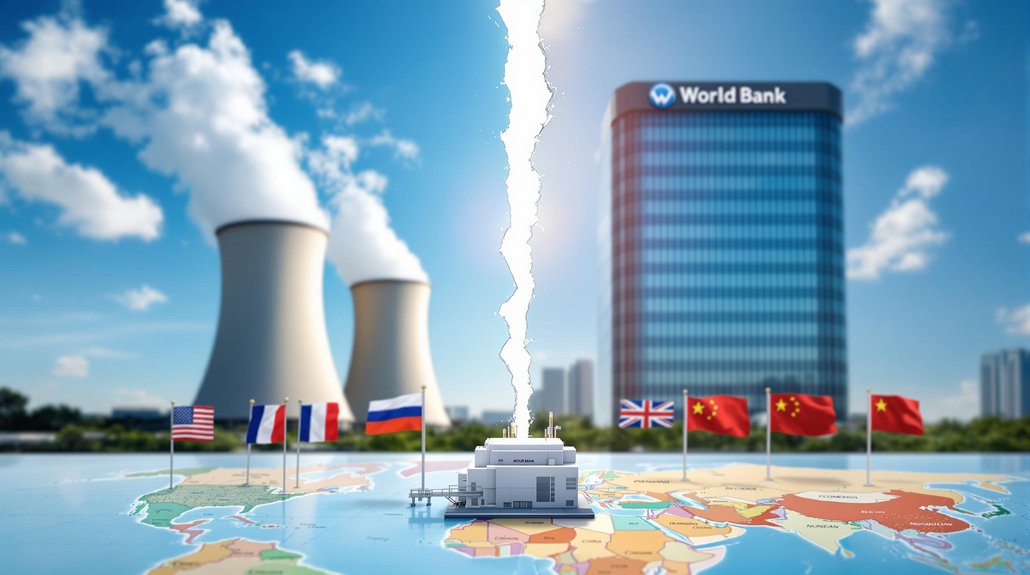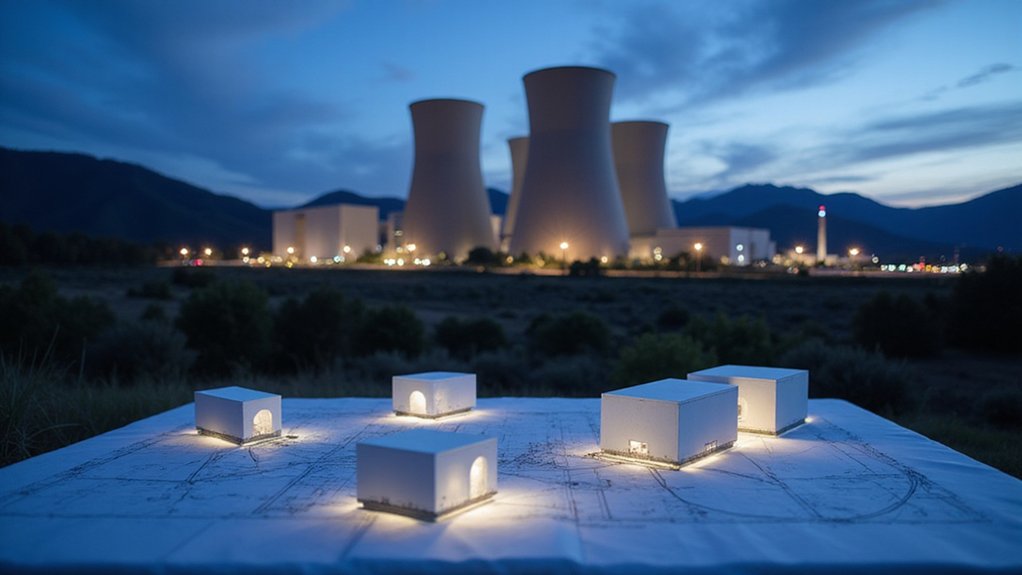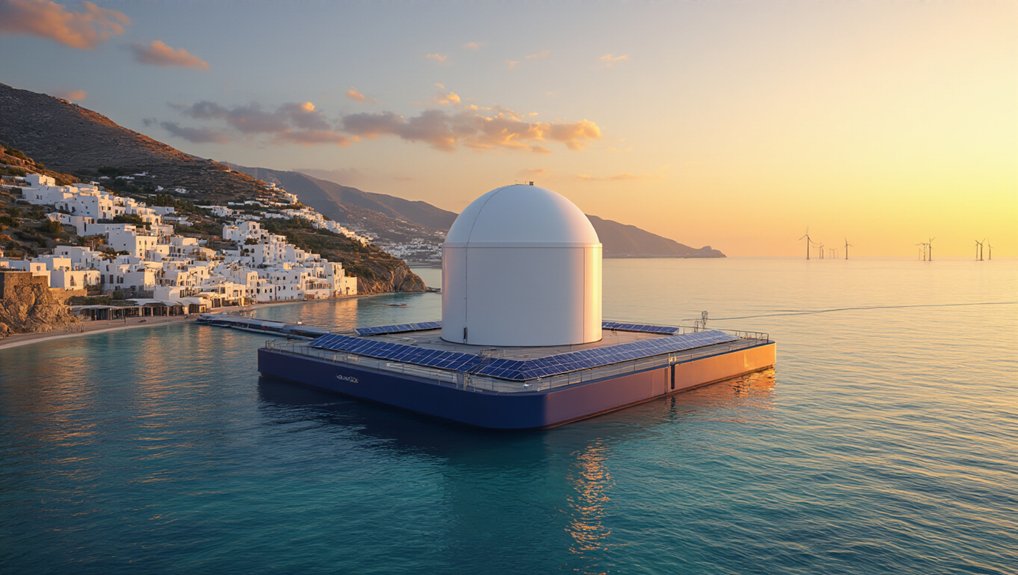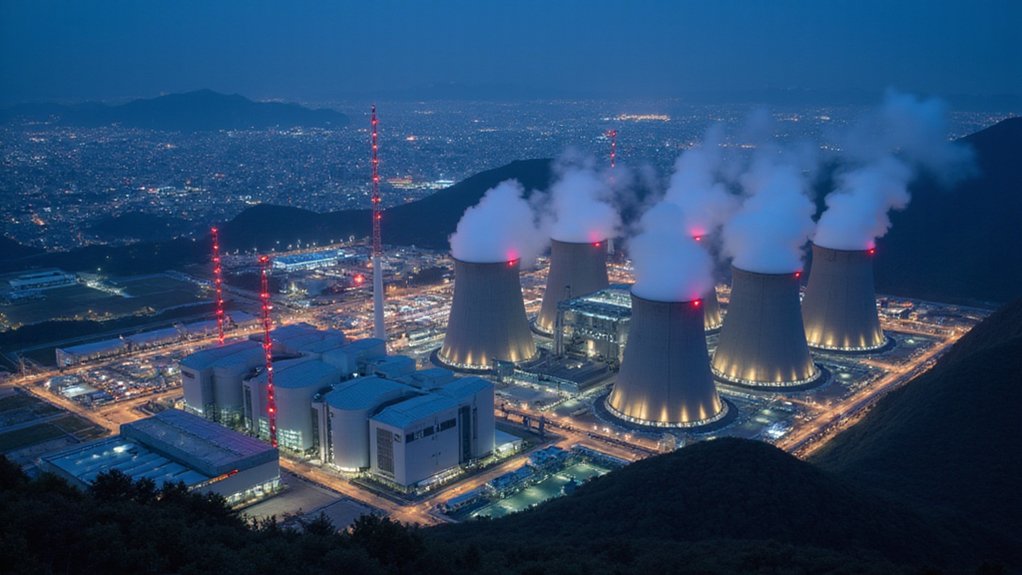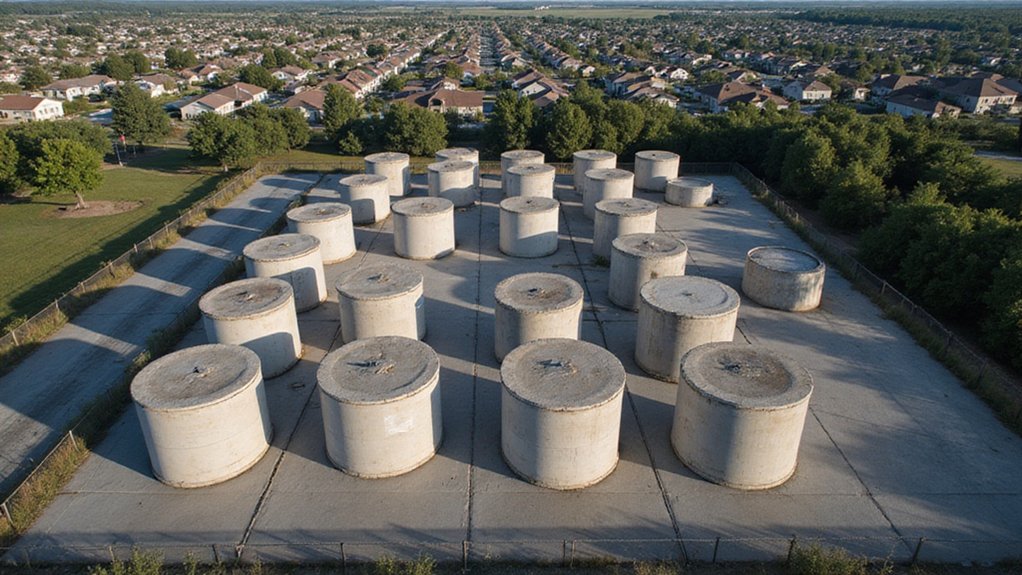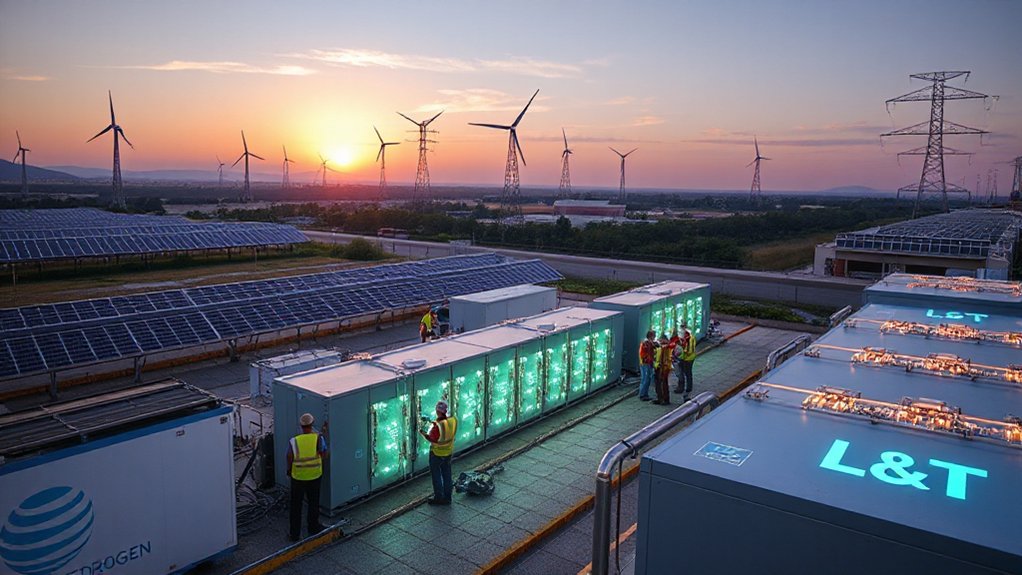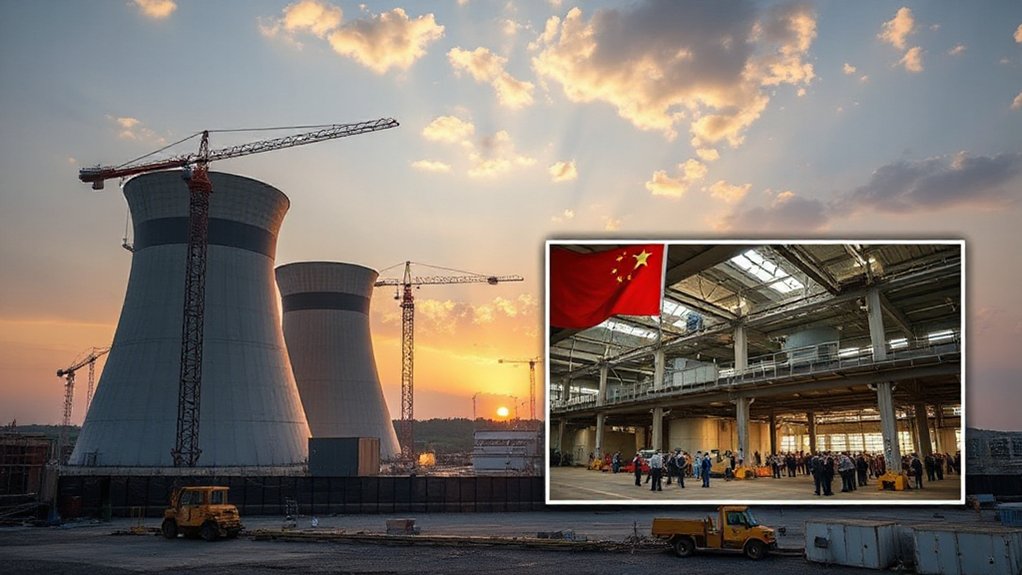The World Bank faces growing pressure to lift its 70-year ban on nuclear energy financing. The U.S. has introduced bipartisan legislation urging policy changes to help developing nations access clean power while meeting climate goals. Small Modular Reactors could provide reliable energy with lower costs and enhanced safety. Germany leads opposition, citing safety concerns. The debate highlights tensions between expanding clean energy options and managing nuclear risks. Further details reveal competing global interests at stake.
As pressure mounts from the United States and other nations, the World Bank faces growing calls to end its decades-old ban on nuclear energy financing. The ban, in place since the 1950s, has come under fire as countries seek more options to meet climate goals while providing reliable power to developing nations.
The U.S. Congress recently introduced the International Nuclear Energy Financing Act with bipartisan support. American lawmakers are urging the Treasury Department to push for policy changes at the World Bank. This effort aims to counter China and Russia’s growing influence in global nuclear exports.
U.S. lawmakers push for World Bank policy shift on nuclear financing to counter Russian and Chinese dominance in the sector.
“The World Bank lacks expertise in nuclear technology,” said a spokesperson defending the current policy. The institution has focused instead on renewable energy projects and efficiency improvements. Critics say this approach limits clean energy options for emerging economies.
Nuclear supporters point to Small Modular Reactors (SMRs) as game-changers for developing countries. These newer technologies could provide reliable power with lower upfront costs and enhanced safety features. World Bank financing could help reduce borrowing costs for countries interested in nuclear energy.
Germany leads opposition to changing the policy, with concerns about safety, waste disposal, and nuclear proliferation. Several environmental groups argue that renewable energy offers better solutions without these risks.
The debate occurs as more than 60 reactors are under construction worldwide, many in developing nations. Nuclear power generates electricity with low carbon emissions comparable to wind energy while providing consistent baseload power. The recent COP28 climate conference included a pledge to triple nuclear capacity by 2050, highlighting nuclear’s role in climate strategies.
The World Bank’s new leadership is reviewing energy policies amid these pressures. World Bank President AJ Banga, appointed in 2023, must balance climate priorities with demands from the US as the largest shareholder. France, the UK, and other nations have joined the U.S. in supporting policy changes. The International Atomic Energy Agency has also called for ending the ban.
Possible compromise solutions include creating a nuclear technology trust fund or building internal expertise before offering direct financing. The World Bank’s last nuclear loan was in 1959 for Italy when it supported the country’s first atomic power plant. The World Bank could also partner with the IAEA for technical support while taking a phased approach to policy change.
